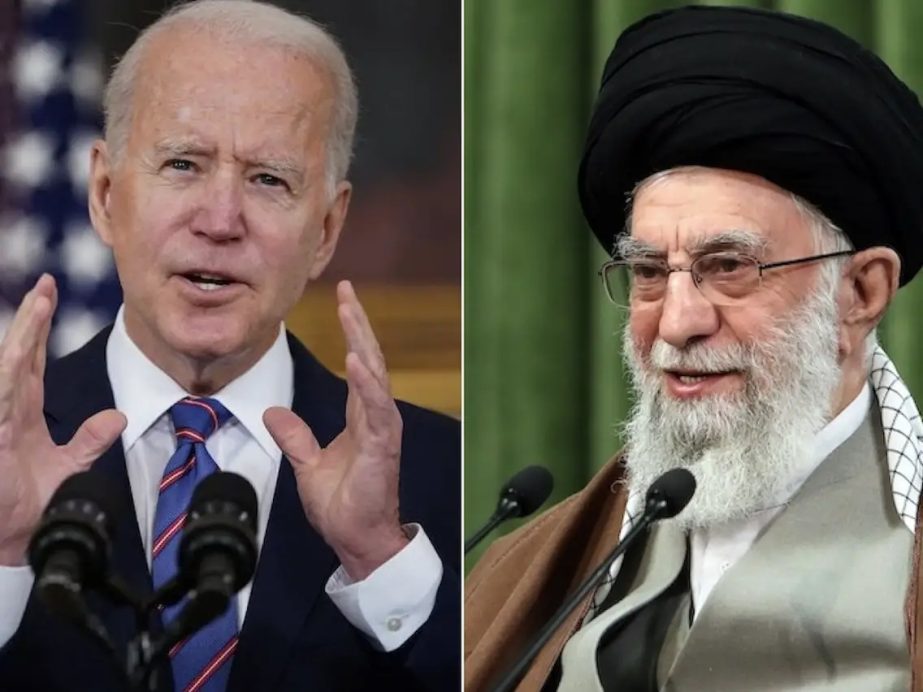
New Nation Report :
According to a senior State Department official, the US will not negotiate exemptions to Ukraine-related sanctions on Russia in order to save the 2015 Iranian nuclear deal, but will instead try to reach an alternative agreement that excludes Russia if the Kremlin does not back down from last-minute demands the Wall Street Journal reported.
Russia, a party to the Iran Nuclear Deal, has been feverishly attempting to prevent Iranian oil from displacing its exports by imposing unrealistic expectations. Iran was producing 3.8 million barrels per day before the sanctions were applied.This capacity if restored, will go a long way toward filling the hole if Russian oil exports are fully barred.
Negotiators from the United States and the European Union believe they are close to reaching an agreement with Iran. However, after being struck with a wave of sanctions over its invasion of Ukraine, Russia demanded guarantees to protect its trade with Iran, risking the talks collapsing.
After these last-minute Russian demands and differences between the US and Iran, the prospects for reviving the 2015 Iran nuclear deal appeared grim. Last week, preparations were on for a weekend summit in Vienna that may have resulted in a potential agreement that would reinstate Iran’s nuclear non-proliferation compliance and reintegrate the US into the pact following their leave in 2018.
Negotiations took a turn last March 6 when Russian Foreign Minister Sergei Lavrov issued broad demands, including a US commitment that Russian-Iran trade would be shielded from sanctions imposed as a result of the invasion of Ukraine. The Russian demands first enraged Iran, giving the impression that they were pressuring Tehran and Washington to resolve the outstanding flaws in the accord. On March 10, however, a bombardment of words from Iranian leaders, including Supreme Leader Ali Khamenei, showed a change of heart.
According to the Wall Street Journal, Russian authorities have promised to reply with specific demands for guarantees in the coming days. According to two diplomats, they have also begun to discuss options for reaching an agreement without Russia.

It was unclear whether Iran would be willing to negotiate a different deal without Russia, or whether China, which has grown closer to Russia, would be willing to participate. On Friday, European officials said they were open to pursuing an alternate agreement with Iran that did not include Russia.
One option for the US and its allies is to reach an interim agreement that would halt some of Iran’s activities and scale back portions of its nuclear program in exchange for some relief from US sanctions. Iran has long been opposed to the idea of an interim agreement.
Another alternative is to build a “copy of the JCPOA” without Russia, which would delegate Moscow’s responsibilities under the pact to other countries.
Turkey expects Russia will not adopt a negative posture during talks to resurrect the 2015 Iran nuclear deal, which were halted due to a last-minute demand by Moscow, according to Foreign Minister Mevlut Cavusoglu.
The Biden administration is also in active talks with Venezuela, which might result in sanctions being lifted against the country. Prior to the sanctions, Venezuela was also producing over 3 million barrels per day. According to Reuters, the country can add 400,000 barrels per day of production to the global market right away.
Negotiators have reached the last phases of talks to restore the Iran nuclear deal, which lifted sanctions in exchange for limits on the country’s nuclear program, which the West has long viewed as a cover for producing nuclear weapons.

